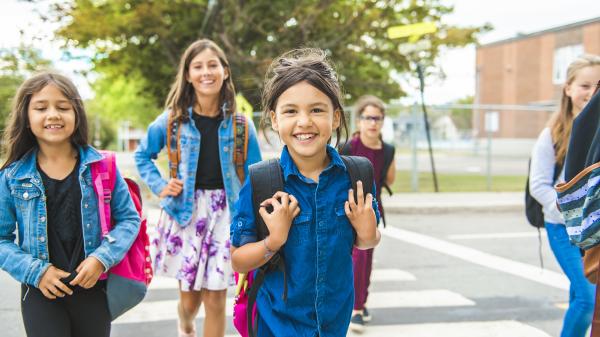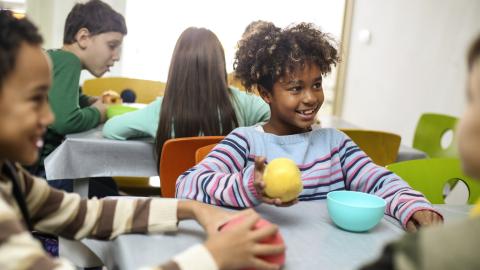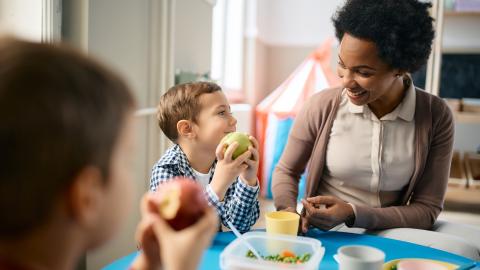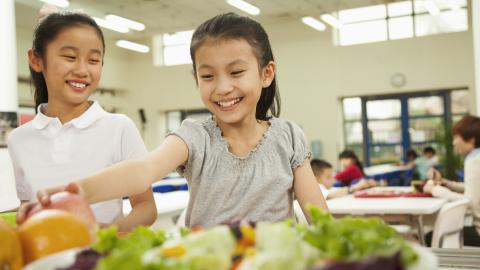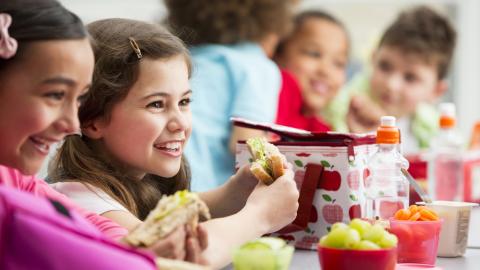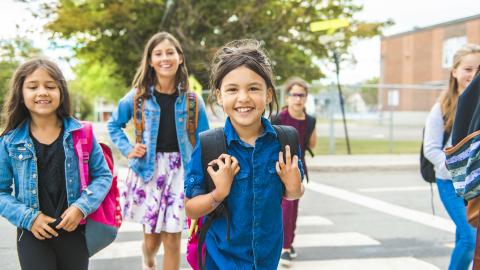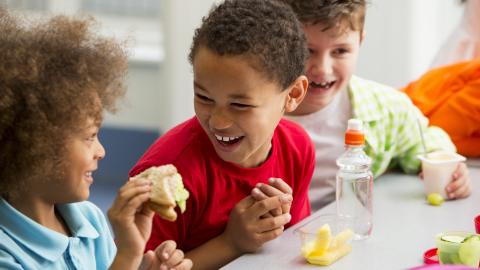School health
VCH supports promoting whole-school well-being and offers a range of services, including immunizations, health information, and referrals, to school-aged children, staff, and parents. A nurse provides individual health consultations.
Featured
-
School Health Program
School health programs provide immunization and health information to school-ag…
-

Child and youth mental health and substance use
Mental health and substance use information, assessment, consultation and treat…
-
Immunization for school-aged children and youth
Learn where to get immunizations for school-aged children and youth ages four t…
-

Kindergarten
Keep your children happy, safe and healthy with public health guidance, resourc…
School health promotion resources
The Physical Health Promotion program offered by public health nurses collaborates with educators to integrate physical activity and literacy, healthy eating and sleep habits into the classroom. Public health dietitians, community health specialists, and policy leads also offer support for school districts in fostering environments and policies that promote physical health.
The Healthy Sexuality program aims to support secondary school teachers in gaining the knowledge and skills needed to deliver the comprehensive sexual health components of the physical and health education curriculum. It will be available this winter.
-
-
Supporting healthy eating at school
Creating inclusive food environments, school food programming, teaching about food and nutrition, and supporting students in fostering a healthy relationship with food and their bodies.
-
Public Health Dietitians
Work with school districts on promoting the nutritional well-being of school communities.
-
Active transportation
Encourage active and sustainable modes of transportation.
-
Playbuilder
Lesson plans, activities, and professional development opportunities on promoting physical literacy and activity.
-
Digital Physical Health Handout 1 PAPL
A resource for parents and caregivers.
-
Digital Physical Health Handout 2 The Rainbow Brain
A resource for parents and caregivers.
-
Digital Physical Health Handout 3 Eating Well
A resource for parents and caregivers.
-
Digital Physical Health Handout 4 Sleep + Screens
A resource for parents and caregivers.
-
Travel Smart Active Travel Infographic
A resource for parents and caregivers.
-
-
-
Teaching sexual health
-
Smart Sex Resource
-
-
-
Kelty Mental Health
Resources for school professionals
-
-
-
Substance use services and resources
-
Tobacco & Vapour Reduction Program
-
Intervention and treatment of tobacco and vapour products
-
Kelty substance use and youth
-
-
-
Screen Use (0-4 Years)
-
Screen Use (5-12 Years)
-
Screen Use (13-17 Years)
-
Social and Emotional Learning
-
Mental Health
-
Body Image
-
Travel Smart Active Travel Infographic
A resource for parents and caregivers.
-
Management of medical conditions in schools
-
-
School Health Medical Management online course
School personnel are encouraged to complete the VCH School Health Medical Management online course on an annual basis
-
-
-
Seizure, anaphylaxis and diabetes
Government of BC – Safe and healthy schools
-
Asthma
Child Health BC
-
Generic Emergency Action Plan Sample
Internal network access required
-







